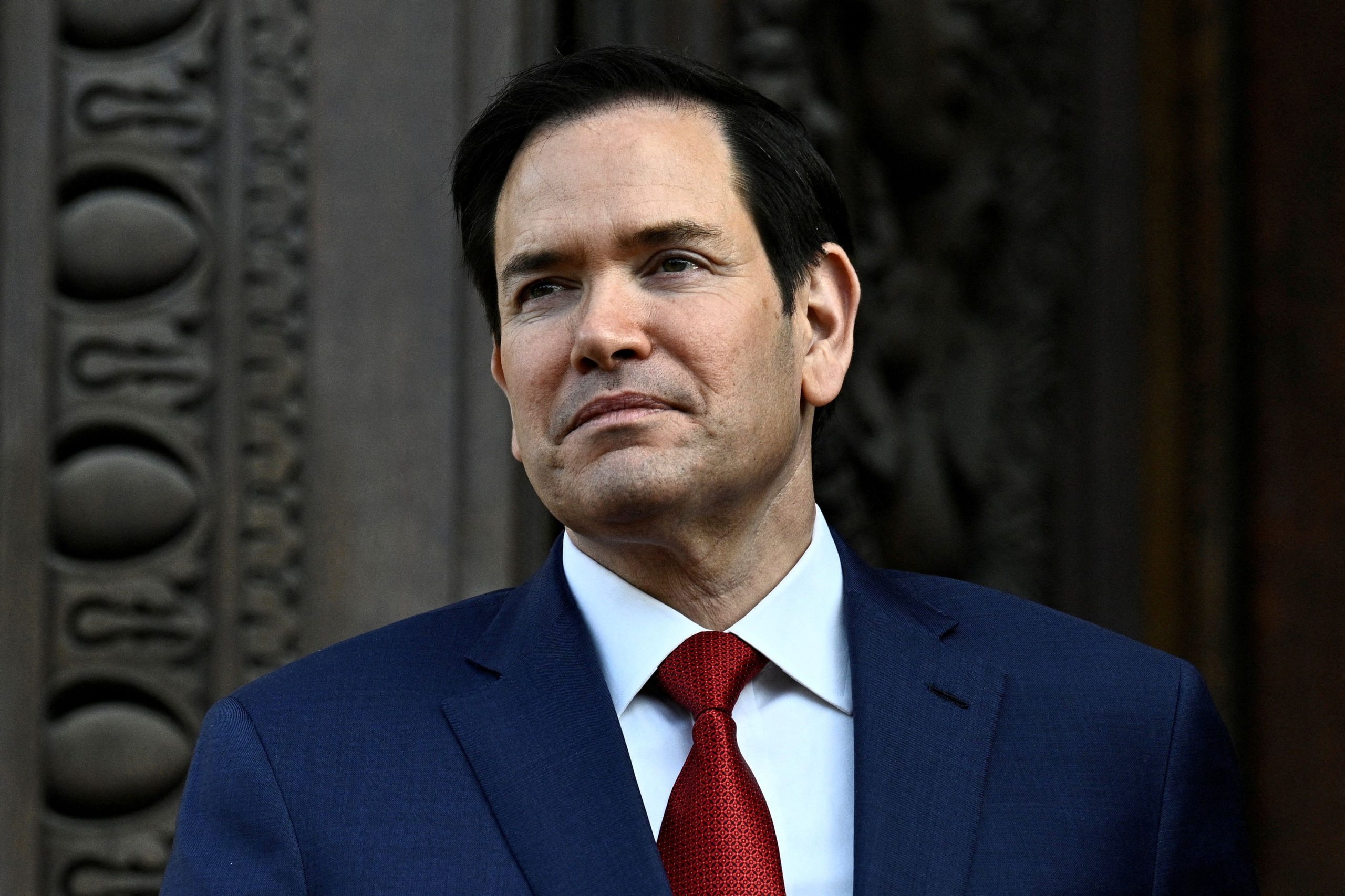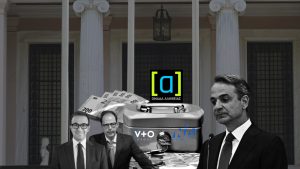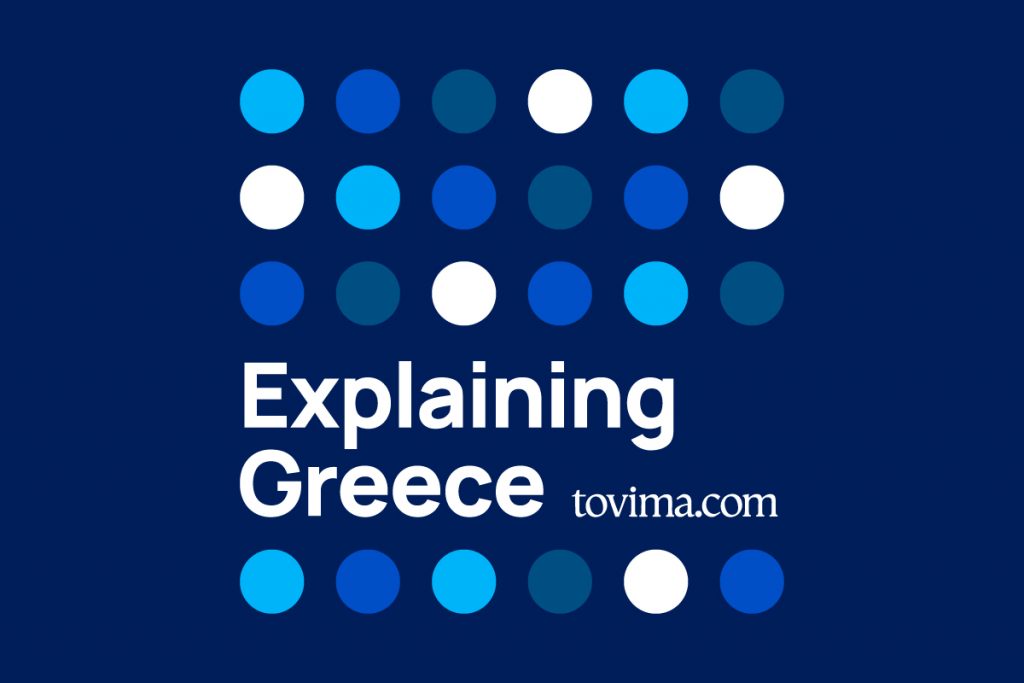Greece is gradually finding its footing with the new Trump administration, working to preserve the momentum of U.S.–Greek relations amid shifting geopolitical dynamics in the Eastern Mediterranean.
According to information obtained by TO BHMA, U.S. Secretary of State Marco Rubio is expected to travel to Athens in October to lead the American delegation at the sixth round of the U.S.–Greece Strategic Dialogue.
It will mark the first time the United States is represented at the highest political level since the dialogue began—signaling the administration’s elevated focus on the region and on its alliance with Greece.
Rubio’s participation, which has not yet been officially announced, underscores Washington’s strategic interest in closer cooperation with Athens as the Eastern Mediterranean emerges as a critical front in the global rivalry with China.
The region has become central for energy, infrastructure, and security interests—areas in which U.S.–Greek collaboration is expanding.
Rubio’s participation is part of a broader uptick in U.S. engagement, including Chevron-led energy exploration south of Crete and the U.S. International Development Finance Corporation’s (DFC) possible involvement in the Great Sea Interconnector, an ambitious project linking the power grids of Greece, Cyprus, and Israel.
The DFC’s technical review has already received the green light from the steering committee and is now awaiting final approval from its Board of Directors.
At the same time, the “3+1” framework—bringing together Greece, Cyprus, Israel, and the U.S.—appears to be regaining traction under the Trump 2.0 administration, following a period of relative dormancy.
Foreign Minister George Gerapetritis was among the first European officials to meet with Secretary Rubio at the State Department following his appointment. The two also held talks in Brussels on the sidelines of the NATO foreign ministers’ meeting
Further affirming the strength of bilateral ties, the State Department issued a notably positive readout following a Wednesday phone call, April 16, between Deputy Foreign Minister Alexandra Papadopoulou and Deputy Secretary of State Christopher Landau.
Second Guessing a White House Visit
The prospect of a White House meeting between President Donald Trump and Prime Minister Kyriakos Mitsotakis had initially been floated for mid-May, coinciding with Mitsotakis’s scheduled visit to New York to chair a special United Nations session during Greece’s presidency of the U.N. Security Council.
While such a meeting would offer an opportunity to elevate the U.S.–Greece partnership at a time of high-level global diplomacy, Athens has reportedly second thoughts about pursuing such a formal invitation—at least for now.
At this moment no formal request has been submitted through diplomatic channels, though informal outreach had been conducted, including via prominent members of the Greek American community.
The hesitation stems in part from concerns over the optics and unpredictability of Oval Office meetings during Trump’s second term, particularly given recent high-profile, and occasionally awkward, encounters with foreign leaders like Israeli Prime Minister Benjamin Netanyahu.
Foreign Minister Gerapetritis alluded to this recalibration, suggesting a possible meeting would be take place “in due course.”
Navigating Trump’s Washington
Greece’s approach to the Trump 2.0 administration has focused on cultivating relationships with influential figures in the administration’s inner circle and its broader political ecosystem.
Deputy Foreign Minister Alexandra Papadopoulou has maintained ties with former National Security Adviser Robert O’Brien and has developed a working relationship with Senator Jim Risch, chair of the Senate Foreign Relations Committee. She has also engaged with Elbridge Colby, the deputy secretary of defense and a prominent voice behind the administration’s defense strategy.
Greek Americans continue to play a pivotal role in building these bridges. Ambassador George Tsounis is said to have a close relationship with Sergio Gor, a longtime Trump confidant who now serves as Director of the White House Presidential Personnel Office. Representative Gus Bilirakis, Republican from Florida, has a longstanding friendship with Susie Wiles, a senior Trump adviser serving as chief of staff. Christos Marafatsos, president of the group “Greeks for Trump,” is closely connected to presidential envoy Richard Grenell.
Greek-American lobbyist Mike Manatos remains well connected in Republican circles. He has ties to Bethany Poulos, a longtime adviser to Secretary of State Marco Rubio, as well as to figures within Florida’s political establishment who have access to Secretary Rubio and National Security Adviser Mike Waltz.
Perhaps the most strategically significant connection so far has been between Endy Zemenides, executive director of the Hellenic American Leadership Council, and Matthew Boyle, Washington bureau chief of the conservative outlet Breitbart News. During a recent visit to Athens, Prime Minister Kyriakos Mitsotakis sat for an exclusive interview with Boyle that quickly gained traction in conservative media circles in the United States.
Within hours of its publication, the interview had reportedly reached the White House—prompting President Trump to speak favorably about the Greek leader. The episode illustrated how swiftly Greek messaging can move through the Trump media ecosystem when the right channels are engaged.







